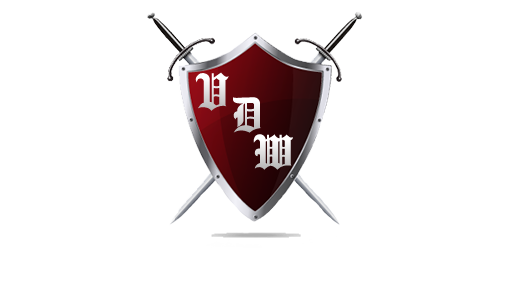Breaking it Down – the New Sexual Harassment Laws in New York
As of October 9, 2019, Employees are more protected from discrimination in New York than ever before, and Employers are subjected to new standards of which they must be familiar to protect themselves from the flood of litigation that will surely follow. How so? Thanks to a number of broadly protective legislative changes, anti-harassment laws in New York State now encompass all protected classes under the New York Human Rights Law, not only sexual harassment cases. These protected classes include discrimination based on an employee’s age, race, color, sex, sexual orientation, national origin, marital status, criminal record, amongst others.
The Burden of Proof for a Hostile Work Environment Has Changed, and it is Decidedly Pro-Employee
The Old Standard – Severe and Pervasive
In the past, to succeed in a claim based upon a hostile work environment, an employee suing an employer for discrimination had to prove that harassment was “severe and pervasive.” Under any stretch of the imagination, this was a touch standard to satisfy in a Court of law. An unwanted sexual attack or repeated discriminatory comments made over a period of months to an employee based on their protected class would be obvious examples of severe acts sufficient to satisfy this old standard. In this regard, the key to the Court’s initial inquiry was the pervasive nature of the harassment, such as continually making lewd comments or frequently touching the employee in a sexual way over a period of time. More specifically, comments in the workplace had to rise to a certain level of severity rather than consist of occasional teasing, jokes or isolated discriminatory comments. Unless employees could provide supportable evidence that rose to that relatively high level of proof, their claim would be dismissed early on in the litigation process.
The New Standard – Petty Slights and Trivial Inconveniences
Now that the new anti-harassment laws are in effect, the burden of proof has changed from this old standard of “severe and pervasive” discriminatory conduct to the new standard of “rising above petty slights and trivial inconveniences.” An affirmative defense for an employer is to prove that “the harassing conduct does not rise above the level of what a reasonable victim of discrimination with the same protected characteristic would consider petty slights or trivial inconveniences.” This is a huge change in the burden of proof that will invariably open the floodgates of litigation in cases that were historically brought under the Federal anti-discrimination statute, Title VII. Now, employees will be empowered to bring their claims under the new laws in New York State without the necessity of first exhausting their administrative remedies with the Equal Employment Opportunity Commission, a prerequisite to commencing an action in Federal Court.
Of equal importance is the that under the previous legislation and corresponding standard of proof, an employer could potentially argue that the claim was not actionable because the employee failed to file a complaint of discrimination or otherwise take advantage of the employer’s investigation process, most frequently accomplished through a complaint to the employee’s direct supervisor or Human Resources department. However, under the new law and corresponding standard, any purported failure by an employee to take advantage of the employer’s complaint process no longer results in a good faith defense on behalf of the employer.
Thus, employers must be aware of these sweeping changes to the anti-harassment laws in New York State, and train their employees accordingly.
As always, we at The Van De Water Law Firm is your local resource for all your legal needs, including prosecuting and defending claims of discrimination and sexual harassment in the workplace. Call now for a free evaluation and consultation at (631) 923-1314, or email us at [email protected]. You can also visit us on the web.


Recent Comments